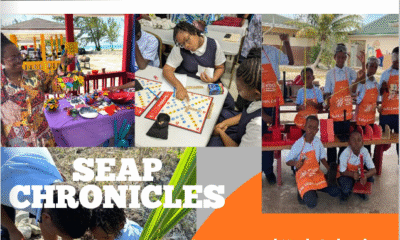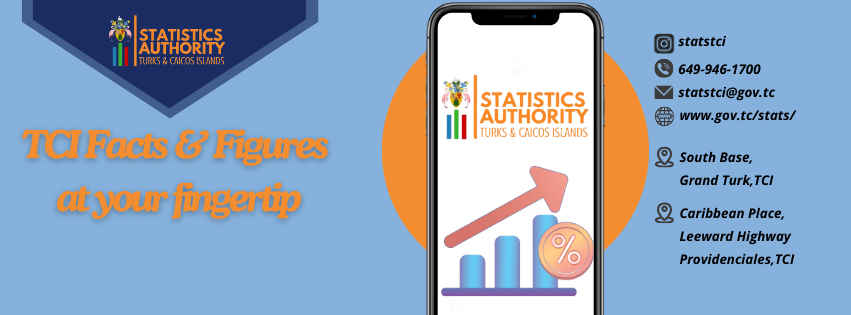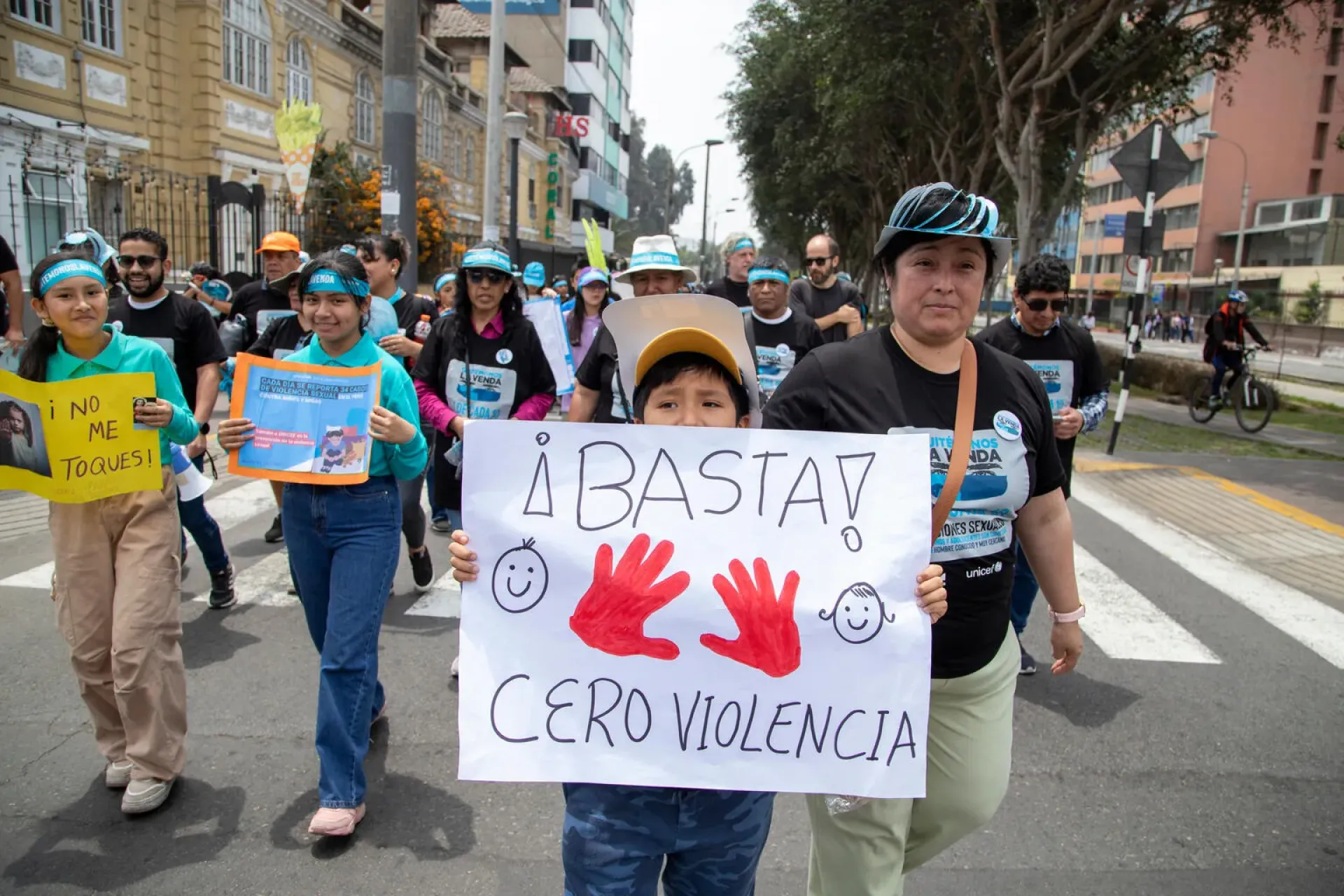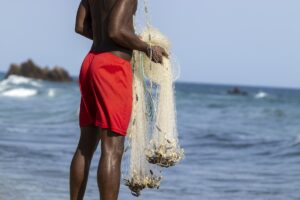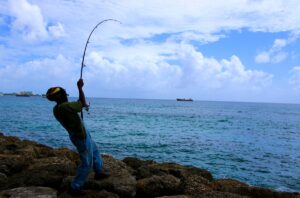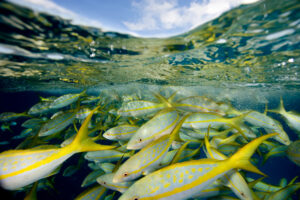#TurksandCaicos, June 19, 2022 – Food security, energy security and health security are among the key building blocks needed to overcome the current global challenges which threaten to stymie development on both the African continent and in the Caribbean region.
President of the African Development Bank (AfDB), Dr Akinwumi Adesina, shared this view as well as lessons for the Caribbean from the AfDB’s experiences, on Tuesday night in delivering the 2022 William G Demas Memorial Lecture.
The lecture, ‘Development in a Context of Global Challenges: Experiences and Lessons from the African Development Bank’, was part of the Caribbean Development Bank’s (CDB) 52nd Annual Meeting, being held in the Turks and Caicos Islands.
African Development Bank’, was part of the Caribbean Development Bank’s (CDB) 52nd Annual Meeting, being held in the Turks and Caicos Islands.
With the combination of the COVID-19 pandemic and the ongoing Russia-Ukraine conflict negatively impacting energy prices, global supply chains and food security, Dr Adesina outlined how the AfDB had responded and continues to respond to these challenges.
Stating that the COVID-19 experience had shone a light on vaccine nationalism, overconcentration of capacity and inequities in global supply, the AfDB President underscored that in addition, “the global system of COVAX designed to provide vaccines for the developing countries failed developing countries.”
He highlighted the negative impact of this, stating:
“The vaccination rate in low-income developing countries is only 16% compared to over 80% for developed economies. While the developed economies were coasting to economic recovery on the back of booster shots, African countries, as well as countries in the Caribbean and other low-income developing countries, were struggling to get basic shots.”
He noted that this has been further exacerbated due to intellectual property rights battles at the World Trade Organisation over Trade Related Intellectual Property Rights (IPRs) related to vaccines, an impasse which he said, “endangers lives at the expense of profits for pharmaceutical companies.”
 In response, the AfDB is developing an African Pharmaceutical Technology Foundation to provide IPR protection so that pharmaceutical companies can deliver vaccine manufacturing technology, knowledge and processes to pharmaceutical companies in Africa.
In response, the AfDB is developing an African Pharmaceutical Technology Foundation to provide IPR protection so that pharmaceutical companies can deliver vaccine manufacturing technology, knowledge and processes to pharmaceutical companies in Africa.
Dr Adesina emphasised: “Africa should no longer outsource the health security of its 1.3 billion (people) to the benevolence of others. And neither should the Caribbean.”
On the topic of food security, the AfDB President highlighted that in both the Caribbean and Africa, the negative impacts of climate change are felt in the agricultural sector and this, combined with looming shortages prompted by the Russia-Ukraine conflict, threatens food security.
He spoke of how the Bank’s Technologies for African Agricultural Transformation (TAAT) programme has helped deliver climate smart seeds to farmers in several African countries and in so doing, has been able to get ahead of current wheat shortages. Under the TAAT programme, Sudan reduced wheat importation by 50% in two years, while Ethiopia was able to cut wheat imports altogether.
The AfDB also recently approved the $1.5 billion African Emergency Food Production Facility to help advance food security in the face of the Russia-Ukraine conflict.
“We all agreed it is time to support Africa to produce its food. It is time to have food sovereignty. The same must apply to the Caribbean. A recent survey by CARICOM and the World Food Program shows that food insecurity has increased by 72% among the population of the English speaking Caribbean countries,” said Dr Adesina.
“Food aid cannot feed Africa. Food aid cannot feed the Caribbean. Africa and the Caribbean need seeds in the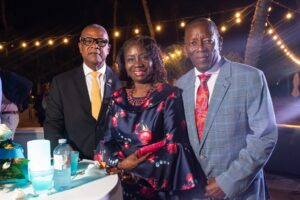 ground and mechanical harvesters to harvest bountiful food produced locally,” he stressed.
ground and mechanical harvesters to harvest bountiful food produced locally,” he stressed.
Regarding energy security, the AfDB head insisted the first two priorities must be to “ensure access and affordability of electricity… Second, there must be security of supply.”
To that end, he highlighted the AfDB’s ongoing heavy investment in renewable energy, including the $20 billion Desert-to-Power initiative in Africa’s Sahelian zone, which is set to become the world’s largest solar zone.
He also lauded the efforts of the Caribbean in pursuing renewable energy, noting:
“The Caribbean region also has significant potential in renewable energy, and I applaud the efforts being made to unlock the potential. From the 50 MW El Soco Solar farm, worth $90 million, to Barbados’ plan to construct this year a $25 million, 10 MW solar plant located in Mangrove, St. Philip, to using wave energy to develop a 40 MW ocean commercial power park, to Jamaica’s plans to develop electric car charging stations, and the microgrid energy systems being developed by the British Virgin Islands.”
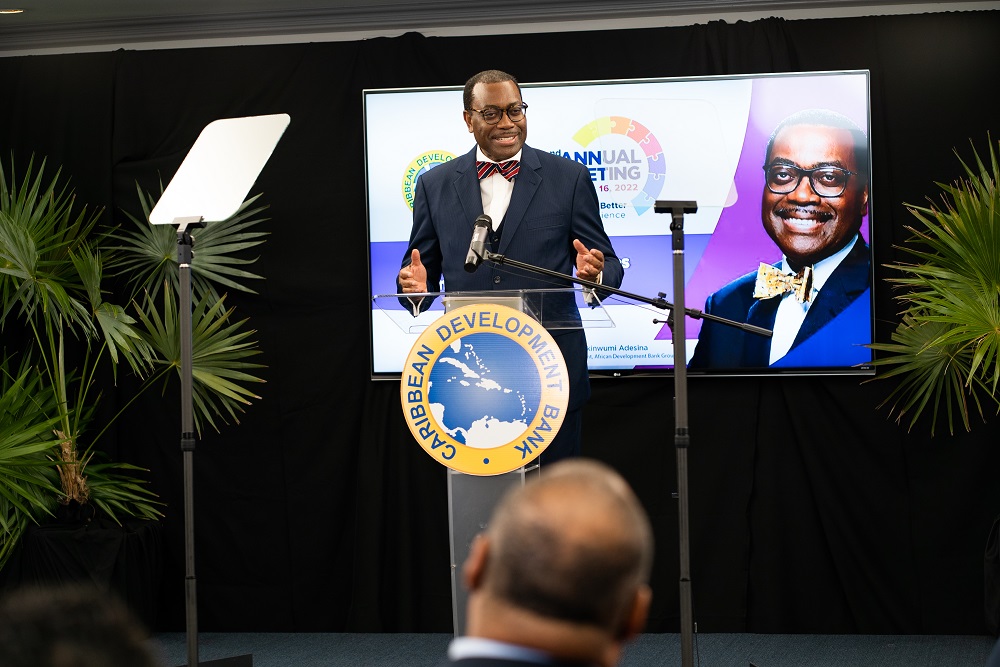

 TCI News3 days ago
TCI News3 days ago
 News18 hours ago
News18 hours ago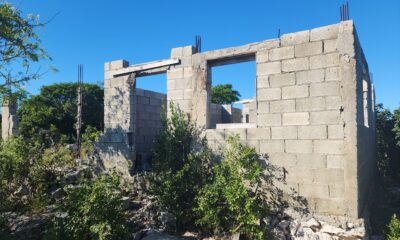
 TCI News1 week ago
TCI News1 week ago



